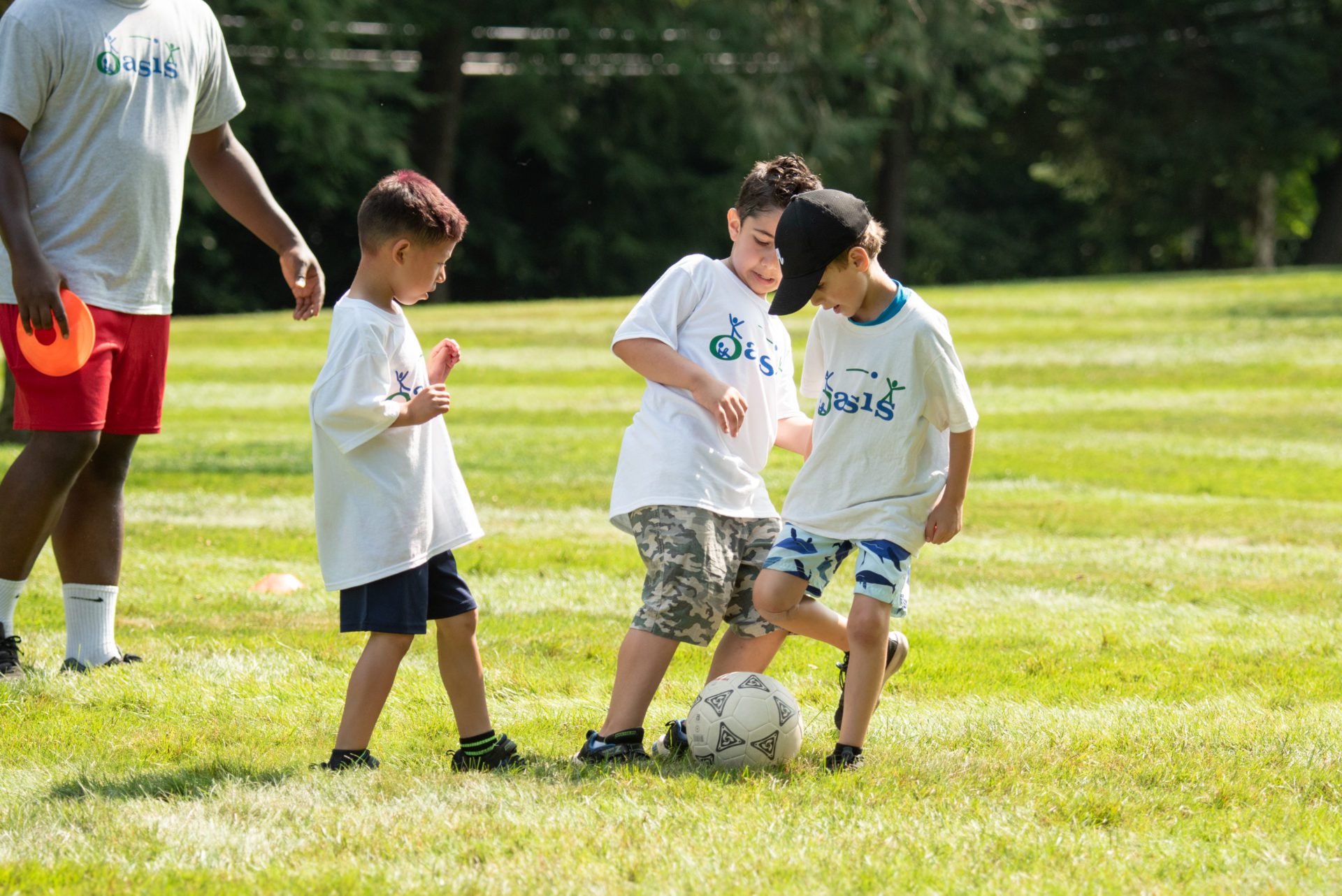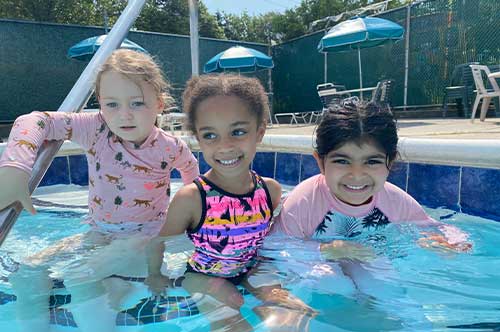At camp, there are a number of competitive activities — from sports to martial arts — that can certainly bring out the passion in children. Sometimes, however, child aggression may bubble to the surface amidst said activities. Here are 4 ways camp counselors and other employees can curb an angry camper’s temper.
Intervene
Child aggression at camp can present some serious problems for all involved. One of the biggest things you can do as either a camp counselor or adult is to intervene in the case of anger.
Whether the aggression manifests itself through yelling or, even worse, physical aggression, it’s important for adults and counselors to intervene. Pull the child aside and diagnose the problem. Talk to them slowly and calmly. Ask them why they felt the need to retaliate and use it as a teaching moment to educate the child on why aggression is not a good way to handle tough situations.
Most importantly, you’ll want to make sure that you keep your own emotions in check. Do not respond with aggression, as it can send the wrong message to the child. Responding with aggression can indirectly show children that that’s an appropriate way to react — which it’s not.
Show Appreciation for the Child
If a camper exhibits child aggression, it may be because of their passion over winning a game or not. If the angry camper ultimately demonstrates aggression after losing, this presents a perfect opportunity to show appreciation for their efforts.
Pull them aside and acknowledge their hard work and efforts. Make specific comments toward their performance; maybe they scored a fantastic goal or made an important shot. Or maybe they just showed general improvement throughout the game.
It can be very easy for children to wallow in anger and pity in defeat. Show them you’re proud by letting them know and demonstrate that there’s always another chance to victory in the future.
Explain Why Child Aggression is Not Good
When speaking to an angry camper, you should also explain why child aggression is no good — not at camp or anywhere else. Speak softly, kindly, and in simple terms that they can understand. Tell them that acts of aggression, such as shouting or hitting, are no means to solving problems.
Speaking to them in this manner will indirectly influence how they react in tough situations — as they will understand the importance of taking a calmer route to solve problems. You may, however, have to repeat this several times for the child to fully understand.
Enact Consequences
If a camper exhibits child aggression repeatedly, it may be time to enact consequences on them. It is important to recognize if their anger becomes a constant behavior — as they may take advantage of lenient parenting, counseling, and other forms of supervision.
Enacting consequences, in turn, helps draw the line between bad behavior and good. For example, if your child demonstrates such behavior, you can take away screen time for the rest of the day for them. If they don’t learn that actions have consequences, they will repeatedly partake in acts of aggression.
On the other hand, you can reward your child for good behavior. Allowing them a bit of extra playtime outside before dinner is a great way to keep your child motivated towards exhibiting good behavior.
Preventing Child Aggression at Oasis
Here at Oasis, our camp counselors are trained in the art of dealing with angry campers. Through conflict resolution and empathy, our counselors and workers make sure that Oasis fosters a positive environment while limiting child aggression.
We’ve all been there, and we understand the struggles of being angry as a child. However, we also understand how to draw the line between good and bad behavior, while using these moments as teaching opportunities for your child.
At Oasis, your child will learn, grow, and flourish with our amount of activities and well-trained professionals. To learn more about Oasis and enrolling your child in our camps, please visit our website and contact us today. We’re more than happy to help!


